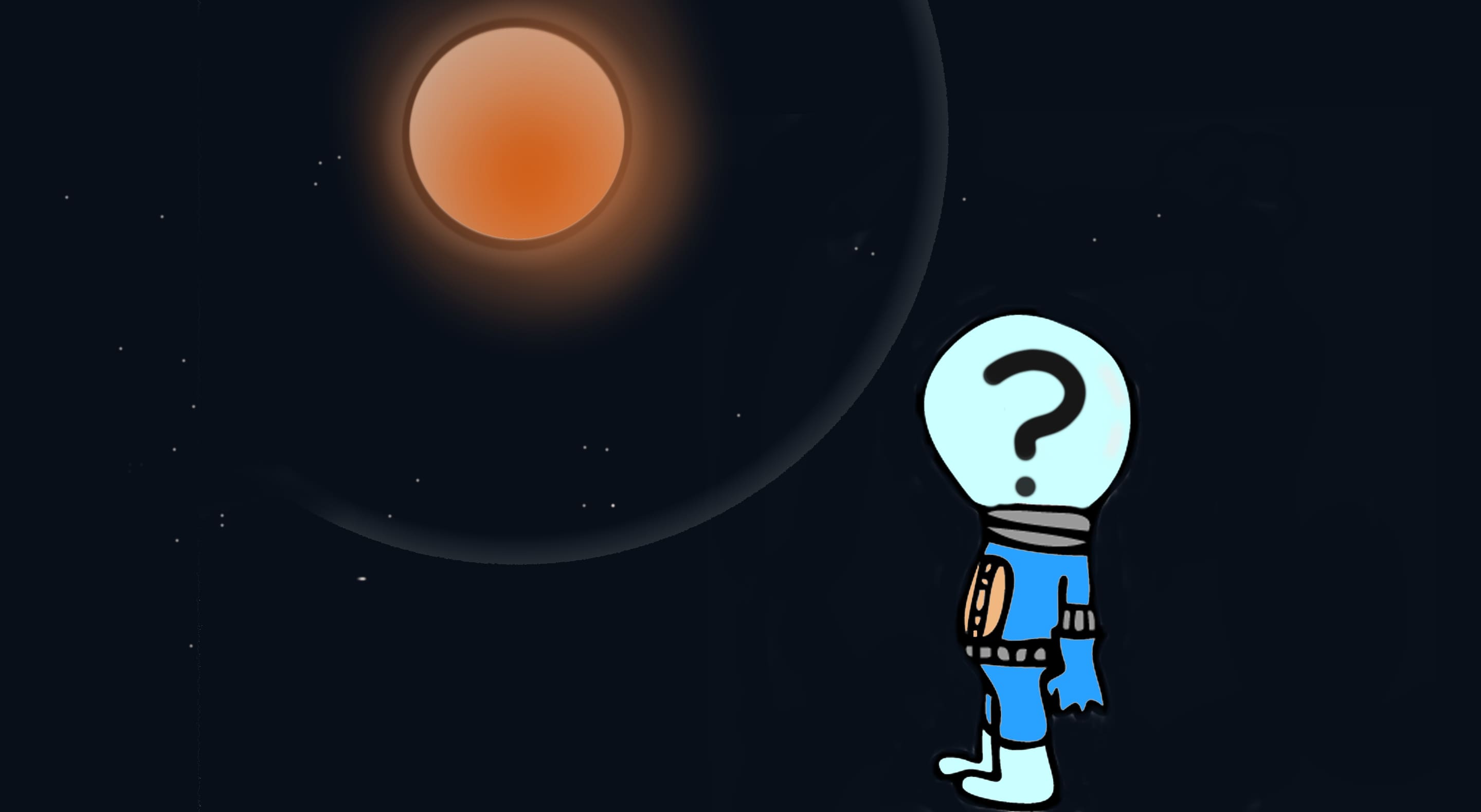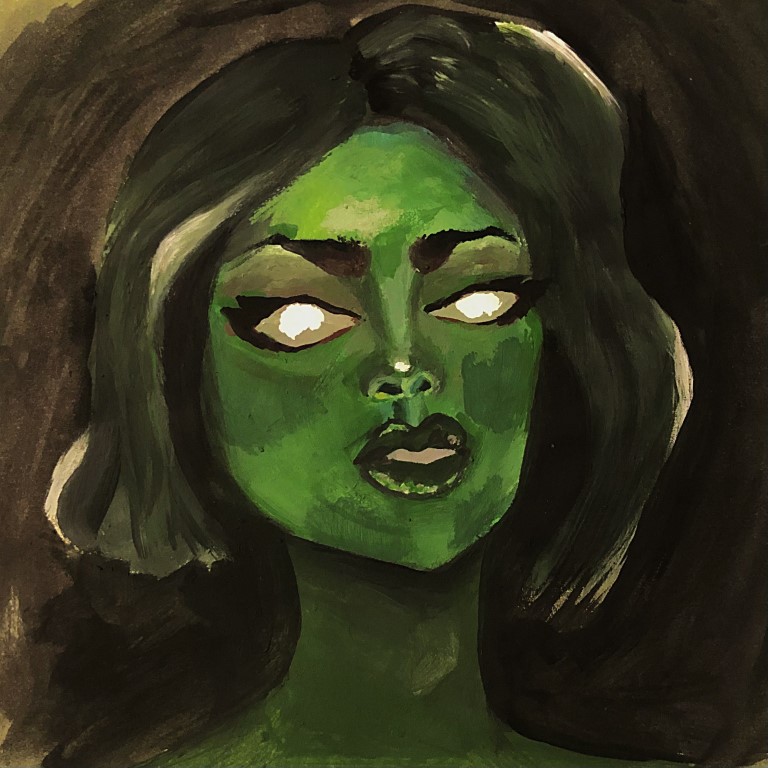
By Morgan Hannah, Life & Style Editor
When I signed up to be a Space Geographer, I never imagined this happening. I got that it was a diverse discipline that sought to understand our world and others, but… Swiftly, my brain starts to ache as distressing images of the crash assault my sense. Flashing red lights, warning sirens, deep breaths. Gravity began to attack the hull of my ship, pressing and crunching it inward around me with ease as if she was nothing more than an aluminum can. A foreign planet always in view of my observation window. I remember the dread in the pit of my stomach knowing that that’s where I’d have to touch down. With systems offline though, I had no clue where it was in the universe that I had crash landed.
Clutching at the glass dome surrounding my head, I inhale and exhale as smoothly as my rattled self will allow. I check my oxygen—it’s low. Shit. I probably don’t have any extra cannisters either. It’s okay. I can get through this. I shift my weight and stand up, the extra bulk of my suit making this simple motion a feat, but I manage and stumble my way over to the dash. Lights are out, the glass plates are cracked, and it really looks like I’m not going to be able to restart the system. Giving it a try anyways, I flick at all the right knobs and switches. Nothing seems to be happening. My suit warns me that my heart rate is picking up, and that’ll eat through my oxygen faster. Taking one deep breath, I turn to face the observatory window. Maybe, just maybe I’ve landed on a planet that supports life? That could be a blessing or a problem, but there’s only one way to find out. And it’s worth it. If I stay here, I’ll surely run out of oxygen and suffocate in my bulky silver skin. I’ll just use quantitative approaches to understand and assess the geographic phenomena around me. Stick to protocol.
